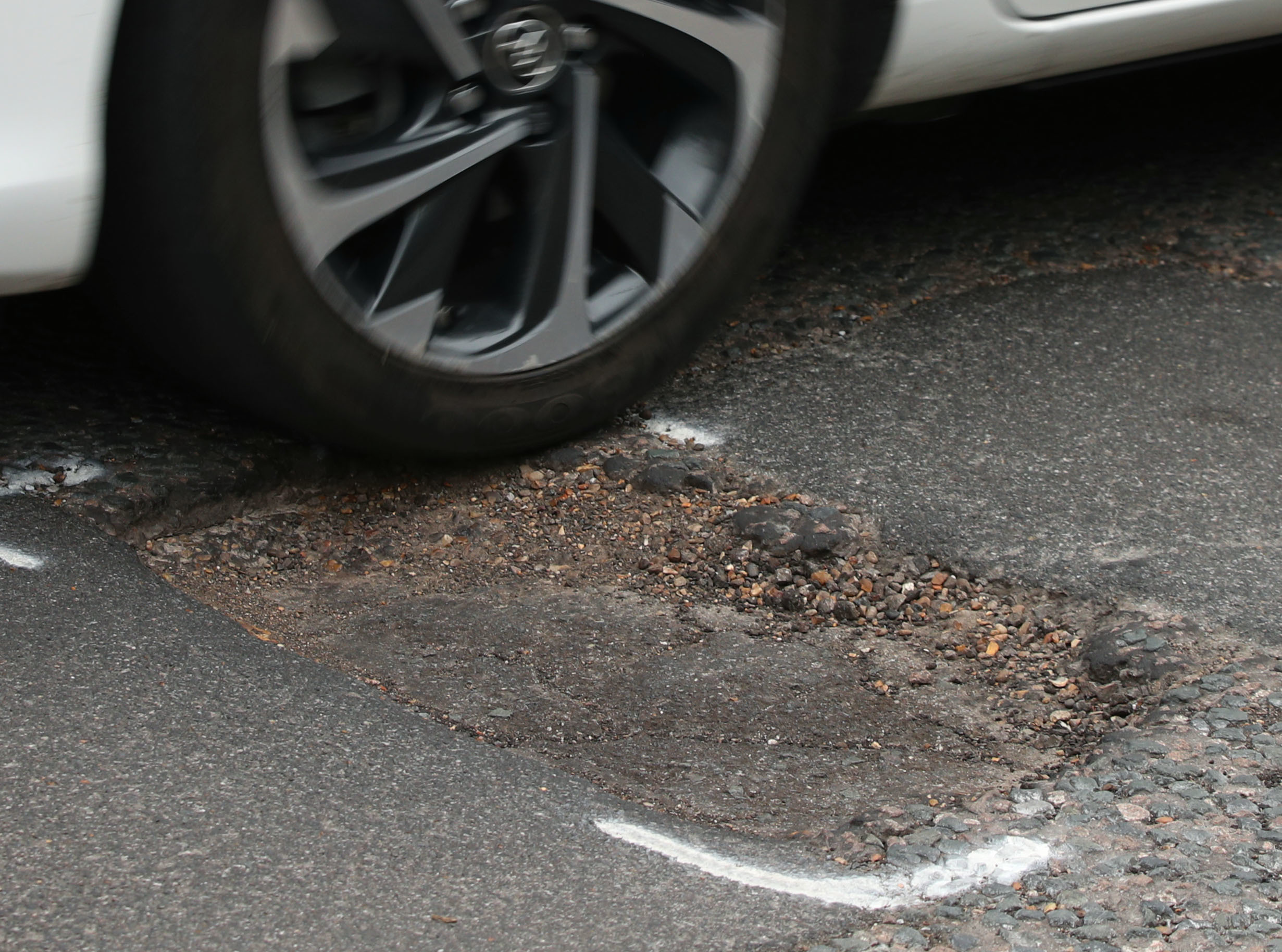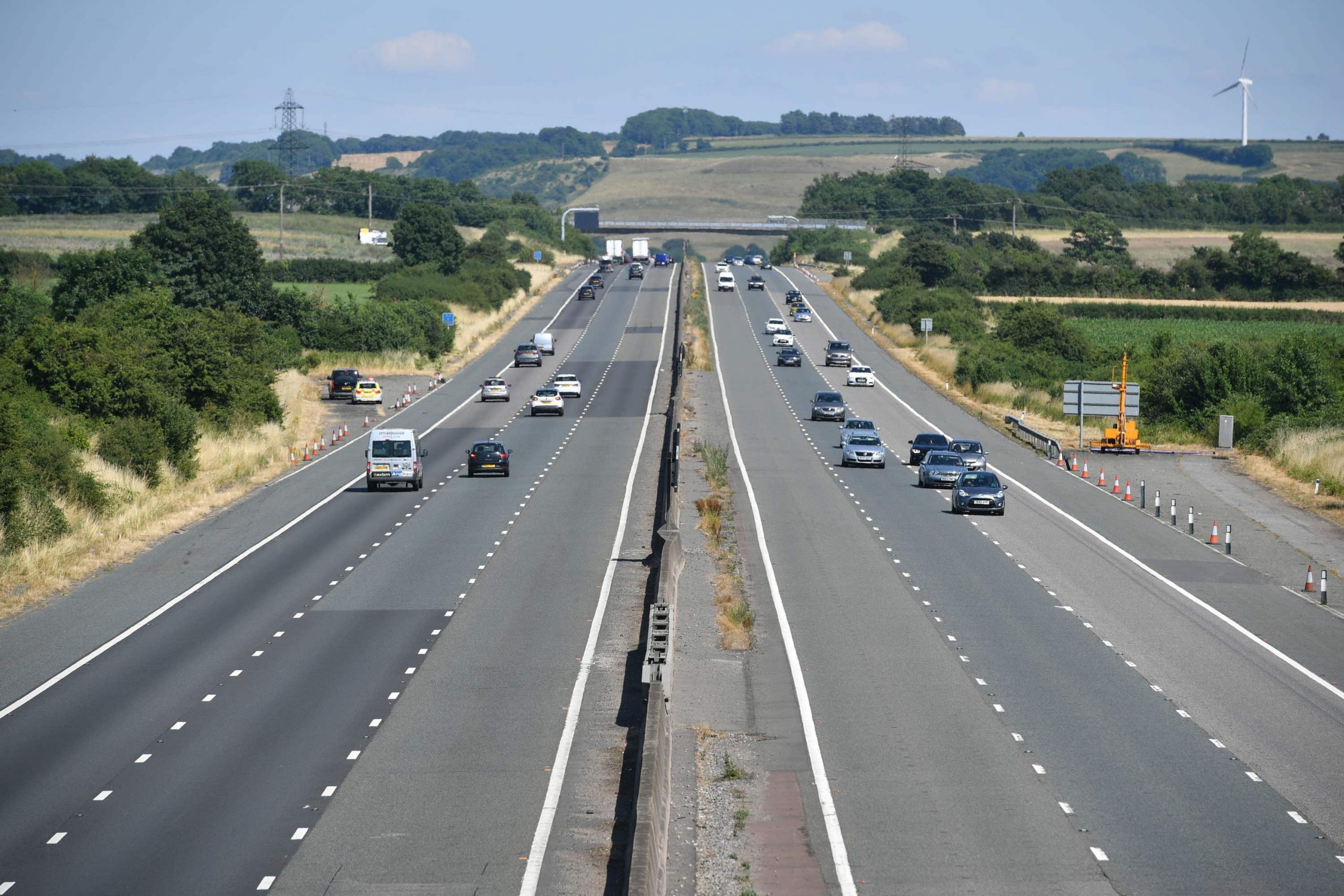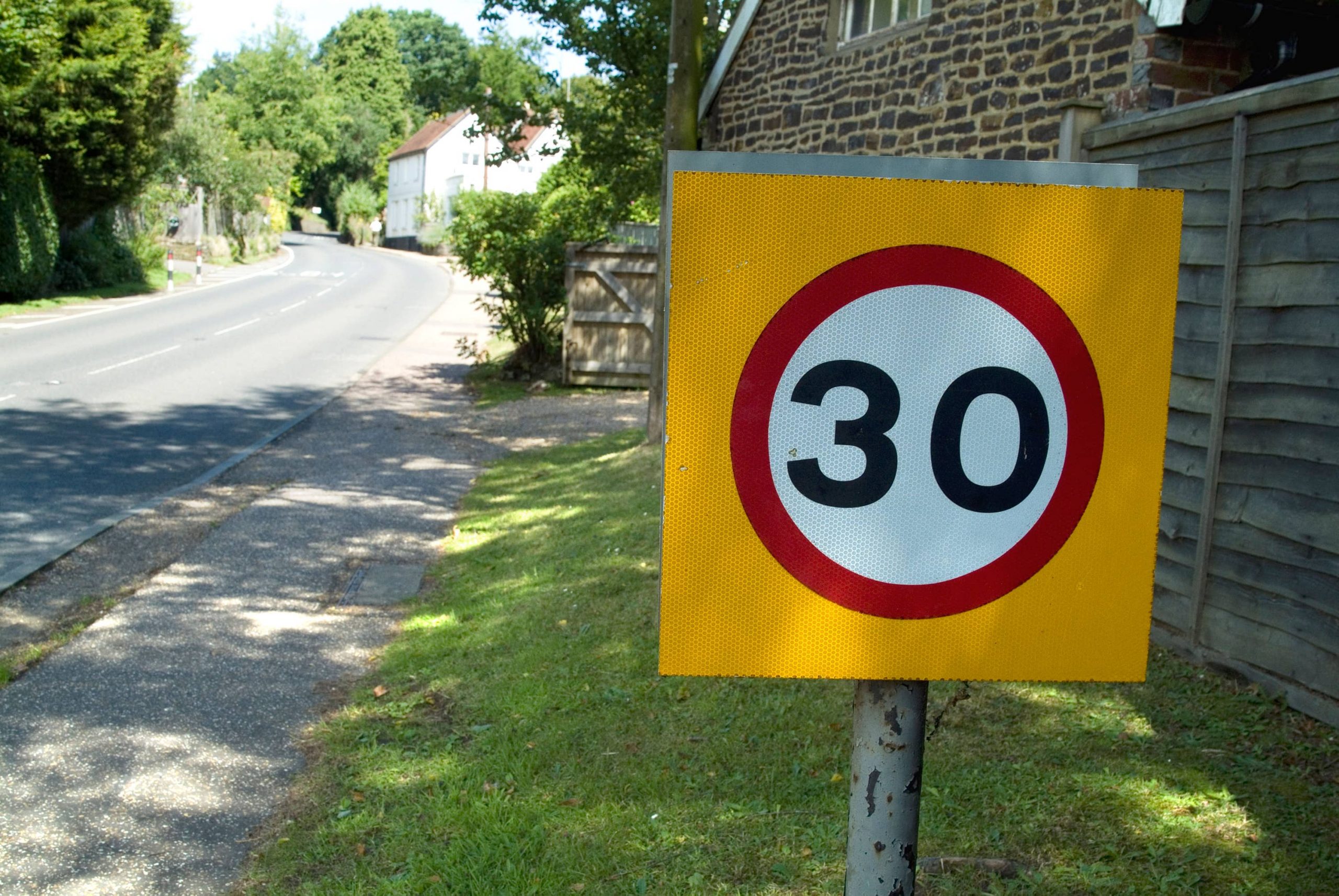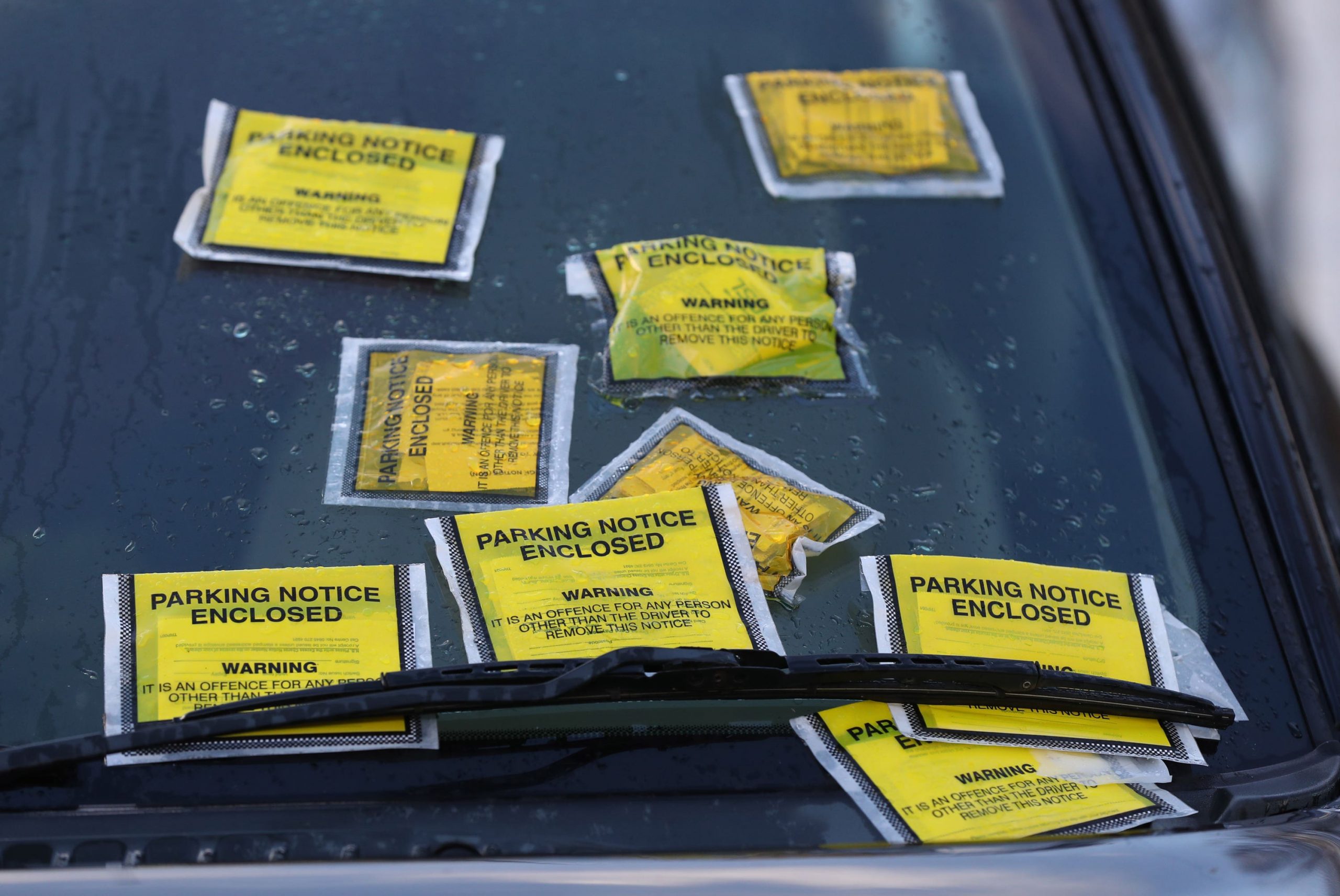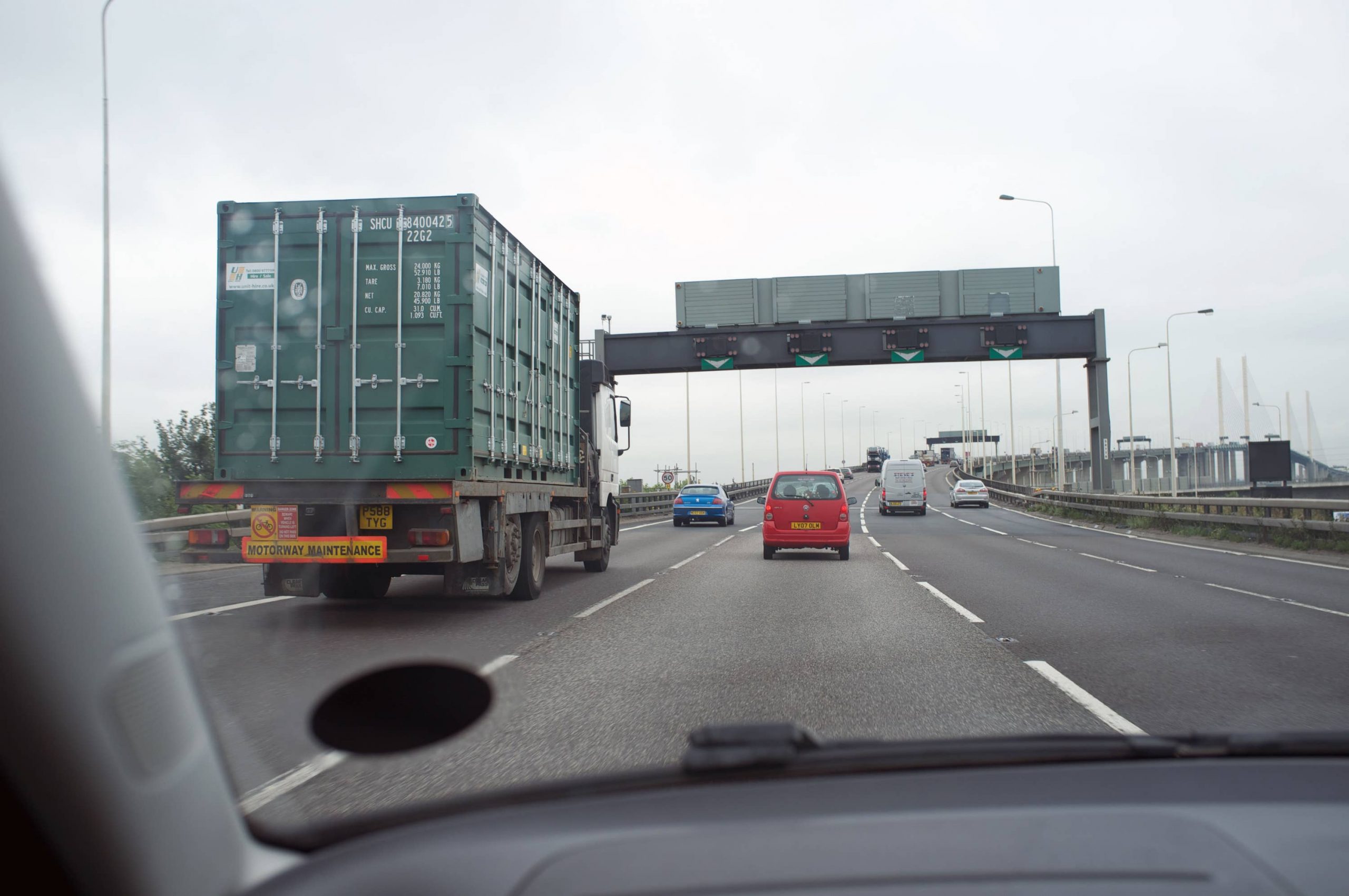Funding to fix potholes across England will be boosted by £200 million, Jeremy Hunt has announced.
The Chancellor said the Government’s Potholes Fund – which previously provided £500 million a year to councils – will be increased to £700 million in the 2023/24 financial year.
The cost of bringing pothole-plagued local roads in England and Wales up to scratch has been estimated at £12.6 billion.
Recent analysis by the Local Government Association showed Government funding for maintaining England’s motorways and major A roads was 31 times higher per mile than for repairing local roads last year.
Delivering his Budget speech, Mr Hunt said the “wet then cold winter” resulted in him receiving “strong representations” from MPs and councillors about “the curse of potholes”.
Potholes are often formed when water that has entered cracks in the road surface freezes and expands.
RAC Foundation director Steve Gooding said: “There won’t be a road user in the country who doesn’t dodge a pothole on a daily basis, so any extra money to help fill them in is welcome.
“However, it is worth remembering there are 190,000 miles of road in England alone so the additional £200 million is going to be thinly spread.
“We mustn’t forget that road maintenance extends beyond the road surface to things like bridges.
“Councils also need the money to shore up the thousands of sub-standard crossings our research has shown are out there.”
Rick Green, who chairs the Asphalt Industry Alliance, welcomed the additional £200 million, but described it as “a fraction of the amount” local authorities need to fix potholes.
He said: “The Chancellor is right to recognise that potholes on our local roads are a curse, but the key thing is they are not inevitable, they are the symptom of a network underfunded for many years.
“Unlike other transport networks, there is no visible long-term investment plan for local roads and, without one, road users won’t see any real improvement in structural conditions on the roads they use every day and on which all other locally-provided services rely.”
Martin Milliner, claims director at LV= General Insurance, said: “We’ve seen pothole claims rise by 11% in the last year, so investment of an extra £200 million to tackle this is welcomed.
“It will help reduce disruption on our roads and cut compensation payments.”

